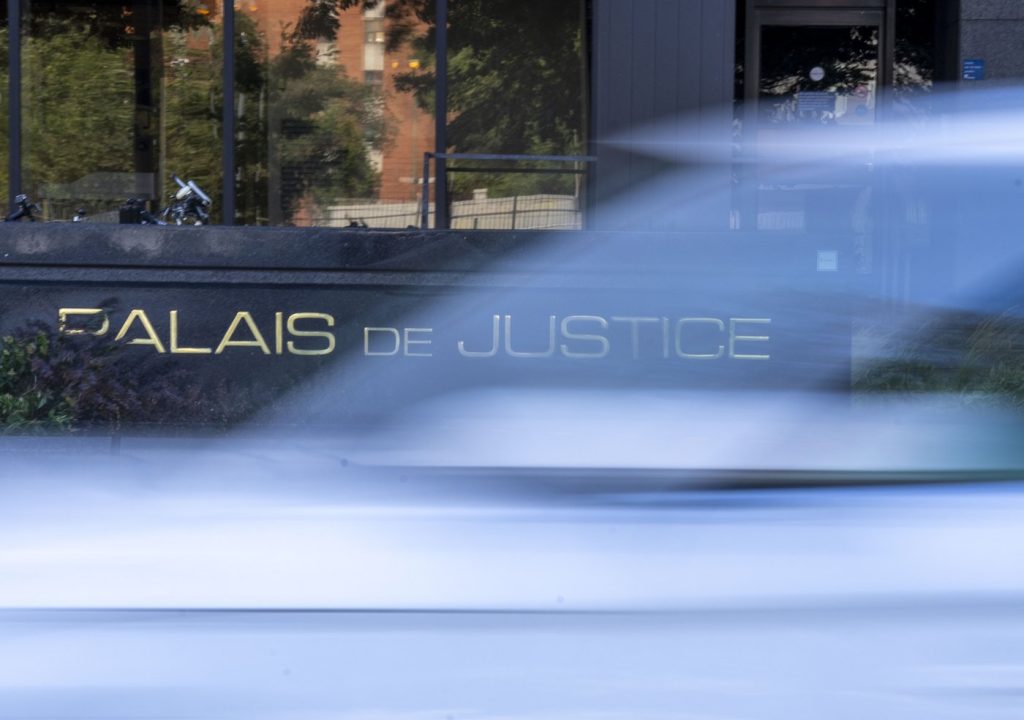Mask versus niqab: how are those impacted by Bill 21 affected during the pandemic?

Posted July 20, 2020 7:33 pm.
Last Updated July 20, 2020 8:01 pm.
This article is more than 5 years old.
MONTREAL (CityNews) – Mandatory face masks in Quebec are making some who wear face coverings full-time feel safer and more accepted.
“Despite the fact that we are in a pandemic, I’ve never felt more safe walking in the streets in the last four years since I started wearing the niqab.”
Fatima Ahmad – a niqabi woman – says she feels she’s more socially accepted now that Quebecers are also covering their faces due to the pandemic.
“People’s perceptions and attitudes are changing because, before, almost daily I used to receive Islamophobia comments, strange looks, some people trying to take off my niqab but then in the last three, four months since the pandemic that just disappeared.”
In 2019, CityNews first did a story involving Ahmad, after she said was verbally and physically attacked because of her niqab. We spoke to her again in February when she says she was attacked once more.
Ahmad now says she’s surprised by recent interactions she’s had with the public over the last few months.
“I don’t feel awkward in front of them and they don’t feel awkward in front of me,” she said.
“It’s just ironic that now we’re being mandated to cover our faces, especially in places of giving and receiving services. So, what was the real rationale behind Bill 21? Because it seems the security and identification rationales have just melted away in the context of COVID,” said Fondation Paroles de Femme vice-president Idil Issa.
Bill 21 was enacted in March 2019 and prohibits Quebecers who work in a position of coercive authority, such as teachers, police officers and judges, from wearing religious symbols.
READ MORE:
Montreal teacher abandons career in education due to Bill 21
Quebec women’s rights group defends Bill 21
The bill also states Quebecers must have one’s face uncovered when giving or receiving specific public services, with the exception of health reasons.
“I’m the one that can’t teach because I cover more. As a teacher, or anything else, you can fulfill your work. (It) doesn’t matter if you’re showing your face or not,” said Ahmad. “I hope Quebecers realize that it is very hypocritical in what the government is saying and doing.”
But some believe the pandemic normalized religious face coverings.
“People are understanding, they have valid reasons for doing it. Muslim women don’t dress the way they do to antagonize anyone,” said Issa.
For Ahmad, progress has been made but she wants the respect she’s seeing now to be permanent.
“I really hope that people have the same view. But people’s perceptions change very fast and forget what the situation was.”








